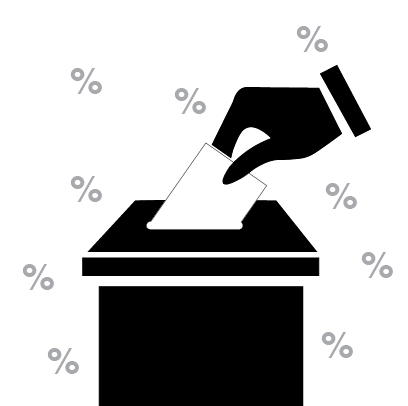The Daily Aztec: According to your understanding, what are potential ramifications of the law being passed in Indiana?
Carol Kennedy: This is not the first time that a state has passed this type of law, but it has certainly garnered a tremendous amount of publicity. This is a classic problem that ultimately the courts will have to resolve. There are conservatives who contend that they have religious freedom to discriminate, and, specifically, their targets of discrimination are often LGBT citizens.
Right now, LGBT citizens do not receive federal protection from discrimination, and that’s why at this time these laws are not facing challenges in the court. When they are challenged in the court, it’s very plausible that the courts will then decide to give LGBT citizens the equal protection that the 14th Amendment affords to people, based on their race, national origin, religion and sex. Right now, sexual orientation is not considered an inherent characteristic. This summer, the court is going to rule on same-sex marriage. Many activists hope that this time the court will take that major step and declare that the 14th Amendment equalprotection clause also protects LGBT individuals from discrimination. That would be the first federal law recognition that they are entitled to protection from discrimination.
DA: When does religious freedom infringe on someone else’s basic rights?
CK: Nobody has absolute rights in any way. We don’t even have absolute free speech rights. We have not upheld the right of Native Americans to consume peyote in their religious practices. The courts routinely restrict expression of religion, just like they restrict all kinds of our liberties. They simply need to have compelling reason to do it. In my opinion, facilitating discrimination against LGBT citizens is a compelling interest on the part of our government. I personally disagree with religious freedom exercise discriminating against anybody in this country. The reason they are able to do that currently is because the courts have not recognized LGBT citizens as a protected class.
DA: What are the wider, broader effects of the law removed from the context of LGBT rights?
CK: It all depends upon on its purpose. If you look at the Indiana group that pushed Gov. Mike Pence into signing this legislation, their interests were not in free religious expressions. Their interests were in denying civil rights to LGBT individuals. That is their motivation. They may hide behind Christianity, or whatever their beliefs are, but the reality is that we know what motivated them to pass this law.
DA: What does future of LGBT rights look like in the country in its current state?
CK: Millennials are much more supportive of LGBT civil rights than any other demographic or generation and I fully expect that the courts will ultimately catch up with public opinion. Again, one expectation is that as early as this June, the Supreme Court, when it rules again on same-sex marriage, may take that very dramatic step to apply 14th Amendment equal-protection laws to LGBT individuals. At that point, it would be unconstitutional to discriminate against LGBT individuals. Therefore, religious freedom exercise laws would be fine, because they would not allow discrimination against LGBT individuals.
DA: What is something that you want students to know about the new law?
CK: There is absolutely no doubt that often our civil liberties come into conflict with one another. Free exercise claims and free exercise of religion claims have very much been embraced by the courts. Not only have the courts given individuals free exercise rights, they have granted corporations free exercise of religion rights, in particular the Hobby Lobby case.
I don’t think many people believe that corporations have religious beliefs that should be protected, but the court does. What those religious beliefs allow them to do is once again to discriminate. Whenever religious expressions come up against the rights of individuals, in either civil liberties or civil rights, I believe the government has a compelling case of striking down free religious expression, if that religious expression is simply a cloak in which to cover discrimination against anybody.






